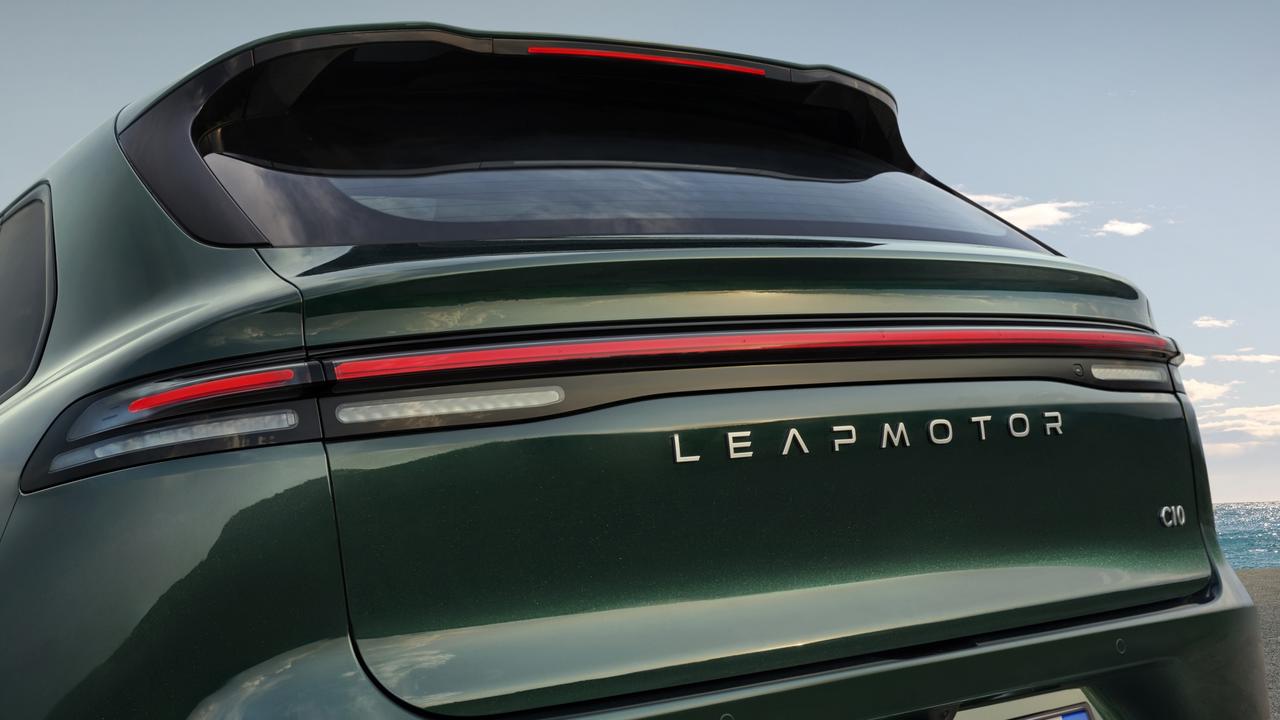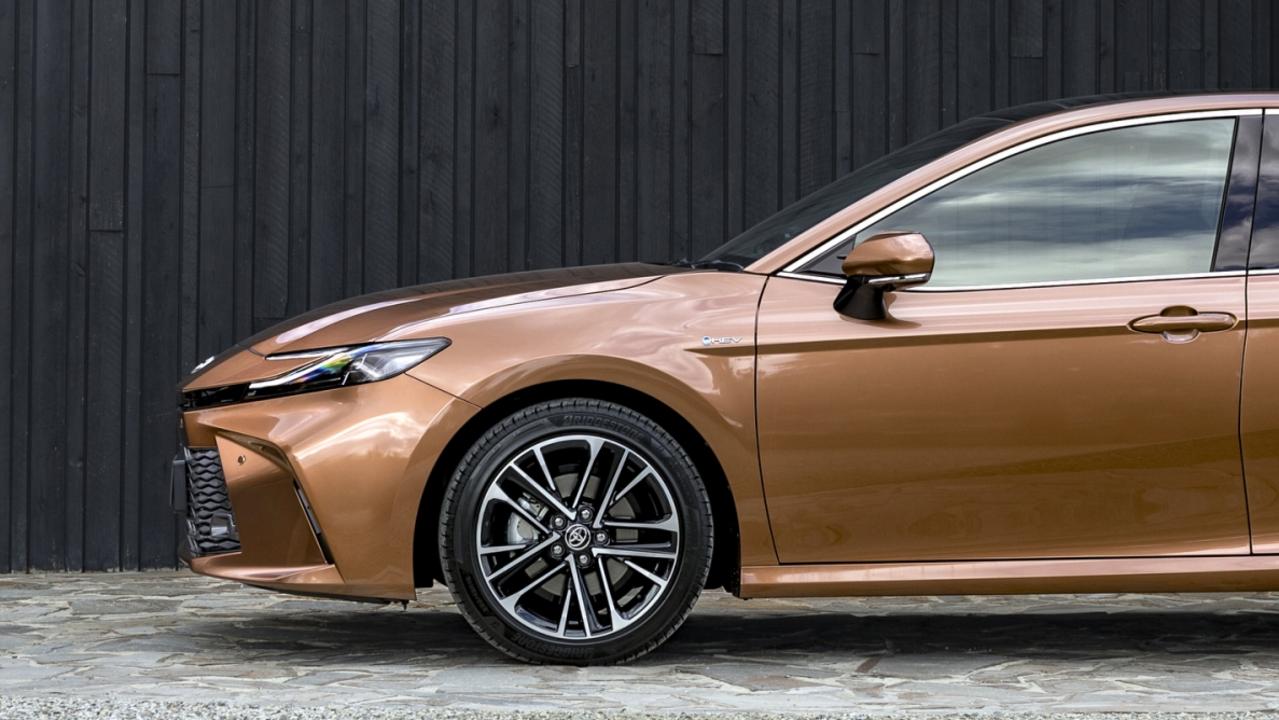2021 Nissan Leaf e+ long-term review
There has been a lot of misinformation about electric cars, we find out what it is really like to live with a zero-emissions car long term.
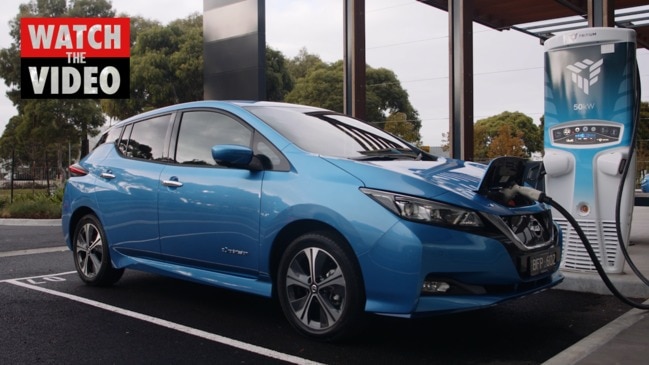
New Cars
Don't miss out on the headlines from New Cars. Followed categories will be added to My News.
There has been a tonne of hype, misinformation and flat-out ignorance surrounding electric vehicles in the past few years, so when Nissan offered a long-term loan of its latest Leaf EV, we thought it was a good chance to dispel some myths.
The new Leaf e+ is almost identical to the regular Leaf, but comes with a bigger battery pack that delivers more power and range.
The 62kW battery pack adds a handy 115 kilometres to the Leaf’s claimed range, bringing the total to 385km.
The extra range comes with a hefty price $10,500 rise to $60,490 plus on-roads – roughly $90 for each additional kilometre.
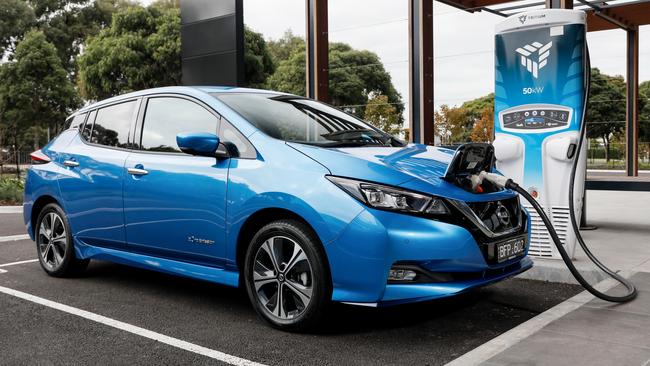
However, it also takes the Leaf from inner-city runabout to a more useful machine capable of handling a run down to the holiday house or a beach getaway.
With some forethought – and a little patience – you could stretch the journey interstate at a pinch.
We put the Leaf to the test with a round trip to Sydney’s Blue Mountains, roughly 100km from the CBD.
We first did the trip a couple of years ago in Hyundai’s Ioniq and endured a nervous trip home.
This time we set off with 380 kilometres range and made it home with 165km to spare after a 200km round trip.
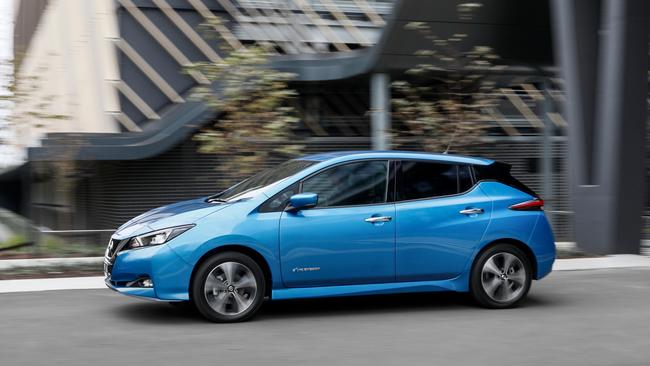
That’s a good result given most of the trip was on the freeway, where EVs are at their least efficient.
The trip down the mountains was enlightening, as the Leaf’s range dropped just 5km in 25km of driving. The downhill stretch meant the Leaf’s motor-generators were constantly feeding charge back into the battery.
The Leaf’s regenerative braking set-up can be altered to suit the driver’s tastes. In Normal mode, it’s barely noticeable. Change to B mode and it feels like you’ve dropped down a gear in a conventional car. In it’s most aggressive “e-pedal” mode, you can almost drive the car with just the accelerator pedal – when you lift off, the car slows dramatically.
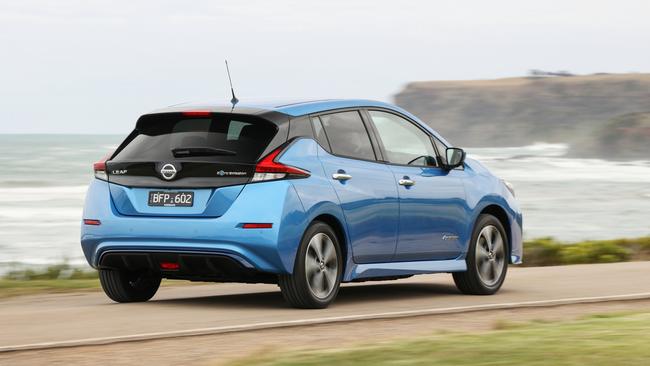
It takes a little getting used to. You often pull up too quickly for traffic lights and have to accelerate again.
Talking of acceleration, the Nissan e+ is no slouch off the mark. The motor is no bigger than the standard car, but the bigger battery boosts power from 110kW to 160kW. That translates to quicker takeoffs from the lights. The Leaf will reach 100km/h in less than seven seconds, which is hot-hatch fast.
You have to be a little careful with the throttle, though. Press too hard and you can induce wheel spin, especially in the wet. You can also feel some tugging at the wheel out of corners.
It’s no hot-hatch on the twisty stuff, either. The high centre of gravity, soft suspension and dull steering feel mean the Leaf is best in a straight line.
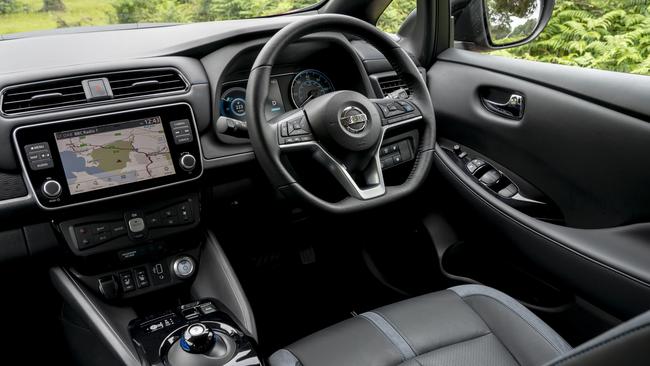
Charging the Leaf is really a non-issue most of the time. We’ve been simply plugging it in to the power point in the garage overnight when it gets low.
It officially takes up to 32 hours to fully charge from a household plug, but the reality is you never let the battery drop to below 20 per cent and 80 per cent gives you more than enough range for the week’s commute.
The new Leaf has doubled its charging capacity on public chargers to 100kW, which means it can charge from 20 per cent to 80 per cent in 45 minutes.
That’s still a fair wait, tough, especially as most of the public charging stations can only deliver charge at 50kW.
One of the most intriguing things about EVs is they show you just how much juice your airconditioning or heating sucks up. On one cool morning, the range dropped 70km when we put the heater on.
The airconditioning is taking less charge because of the cooler days, but we’d imagine summer would be a different story.
2021 NISSAN LEAF e+ VITALS
Price: $60,490 plus on-roads
Warranty/servicing: 5 yrs/unlimited km, $1413 for 5 yrs/100,000km
Safety: 5 stars, 6 airbags, autonomous emergency braking, lane keep assist, 360-degree camera, driver monitor, blind-spot warning
Electric motor: 160kW/340Nm
Thirst: 18.0kWh/100km
Spare: Space-saver
Boot: 405L
Originally published as 2021 Nissan Leaf e+ long-term review


